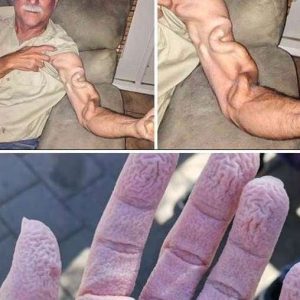Tyler Robinson, the man accused of assassinating Turning Point USA founder Charlie Kirk, remains in solitary custody at a Utah jail under strict supervision as he awaits trial. Facing multiple charges, including aggravated homicide, Robinson could face the death penalty if convicted.
According to corrections experts, the extreme security measures are not meant to punish but to ensure safety—for Robinson, staff, and other inmates. Former federal corrections official Judi Garrett explained that individuals involved in high-profile cases are often placed in protective isolation to prevent self-harm or violence from others. “It’s about control and safety,” Garrett stated, adding that these procedures help maintain stability within the facility.
Robinson is confined to his cell for nearly 24 hours a day. All meals, medical checkups, and hygiene routines are conducted under close supervision. Staff limit interactions and enter his cell only when absolutely necessary, with all contact monitored.
During his initial virtual court appearance, Robinson wore suicide-prevention clothing—a standard protocol for inmates assessed as being at risk. These garments are designed to prevent self-harm while offering minimal comfort and dignity.
Communication with his legal team is allowed but closely supervised. Contact with family is heavily restricted to prevent unauthorized disclosures related to the ongoing investigation.
Since his arrest after the Utah Valley University shooting, Robinson has been under constant surveillance, with no access to other inmates. Every movement is recorded by cameras.
Though the confinement appears severe, corrections officials maintain such precautions are essential in cases with high public attention and emotional intensity. The nation continues to watch as legal proceedings move forward.




